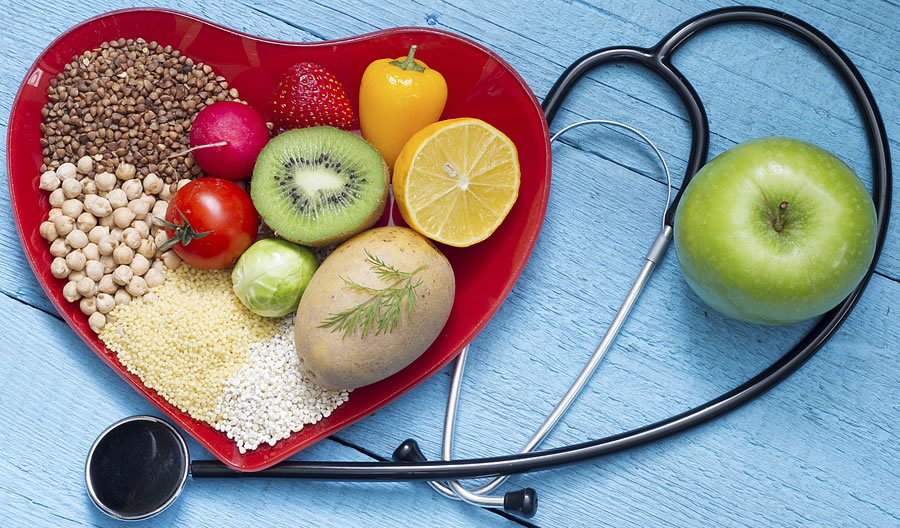Welcome to the topic Does Weight loss affect Cholesterol?
Coronary artery disease is more likely if your blood cholesterol level is high. Although lower cholesterol is normally healthier, having a very low low-density lipoprotein (LDL, or “bad”) cholesterol or a very low total cholesterol level has been linked to various health issues in rare situations.
Let’s look at what the term cholesterol means before we get into whether it increases or decreases with losing weight.
What is cholesterol?
Cholesterol is something you’ve heard of, but you might not know what it is. Cholesterol is a waxy, lipid-like fat that runs in the bloodstream. Lipids do not separate in the blood because they do not dissolve in water. The body produces cholesterol, but it can also be obtained through food. Cholesterol is present only in animal-based foods.
Why is cholesterol important to our bodies and Does Weight loss affect Cholesterol?
Cholesterol is required for every cell in the body to produce cell membrane layers. The cell contents are protected by these layers, which operate as gatekeepers for what can enter and leave the cell. It is produced by the liver, which also produces bile, which aids digestion. Cholesterol is also required to produce some hormones and vitamin D. Your liver produces sufficient cholesterol to meet your body’s requirements for these vital processes.
Types of cholesterol?
Lipoproteins in the blood transport cholesterol throughout the body. The following lipoproteins are among them:
- One of the two primary lipoproteins is low-density lipoprotein (LDL). LDL is commonly referred to as “bad cholesterol.”
- High-density lipoprotein is the other main lipoprotein (HDL). HDL stands for “high-density lipoprotein” or “healthy cholesterol.”
- VLDLs (very-low-density lipoproteins) are triglyceride-carrying particles in the blood.
If cholesterol is necessary, why do we have to worry about how much we have?
It’s critical to have enough cholesterol to suit your demands. Having too much cholesterol might lead to complications. Hypercholesterolemia is a condition that occurs when your cholesterol levels are too high. Hypocholesterolemia is a condition in which your cholesterol levels are abnormally low. Excessively low cholesterol levels are uncommon, although they can occur.

Causes of high cholesterol
Familial hypercholesterolemia is a condition in which people inherit elevated cholesterol levels. People may, however, make efforts to avoid the other causes of high cholesterol, such as:
- Saturated and trans fats, salt, added sugars, and processed foods are all high in this diet.
- Whether you smoke or are exposed to secondhand tobacco smoke.
- Having excessive body fat.
- Lack of physical exercise and a sedentary lifestyle.
- A metabolic syndrome is a collection of risk factors that might increase your chances of developing heart disease, stroke, or diabetes.
So now the question arises that will losing weight affect the amount of cholesterol in our bloodstream?
Even a few more pounds might increase cholesterol levels. Small adjustments add up. If you drink sugary drinks, switch to tap water. Snack on air-popped popcorn or pretzels, but keep track of how many calories you consume. Consider sherbet or low-fat sweets like jelly beans if you’re seeking something sweet.
Consider ways to include more activity into your everyday routine, such as taking the stairs rather than the elevator or parking further away from your office. Take a stroll during your work breaks. It’s a good idea to do more standing tasks, such as cooking or yard maintenance.
Higher levels of LDL “bad” cholesterol are connected to excess body weight. High LDL levels in the blood can cause clogged arteries and plaque formation, increasing your risk of heart disease and cardiovascular events such as heart attack and stroke. Losing 10 pounds can enhance your arterial health and lower your cholesterol by more than 10% naturally.
Positive caloric balance (defined as when caloric intake exceeds caloric output), particularly in the context of overweight or obesity, is frequently associated with elevated triglycerides and low HDL-C (good cholesterol); LDL-C (bad cholesterol) may not rise, but LDL particle number will almost always rise, resulting in an increased risk of cardiovascular disease (heart attack and stroke).
The levels of good cholesterol (HDL-C) in overweight people decrease during active weight loss. This is especially true when it comes to dietary or drug-assisted weight loss. However, after weight loss stabilizes, the HDL-C levels may return to baseline (original levels) and often increase above baseline. An intense or vigorous physical activity regime involving the expenditure of between 700 kcal to 2000 kcal alone can cause a significant increase in the good cholesterol (HDL-C) levels and, to a smaller extent decline in the level of the bad cholesterol (LDL-C).
LDL-C (the bad cholesterol) may become elevated during active weight loss in overweight people before returning to baseline (pre-weight loss intervention levels) and then decreasing. However, the nutritional method used to lose weight determines changes in LDL-C levels during active weight loss. For example, throughout the weight-loss process, a high carbohydrate, low-fat diet will result in an increase in triglycerides, a decrease in HDL-C (good cholesterol), and a decrease in LDL-C (bad cholesterol), whereas low carbs, high-fat diet will lead to low triglycerides, but elevated HDL-C (good cholesterol), unchanged or increased LDC-C (bad cholesterol) levels.
Summary of Does Weight loss affect Cholesterol
Cholesterol levels that are too high might put you at risk for heart disease. People of any weight, age, or sex can have high cholesterol. High cholesterol levels may be inherited by those who have a family history of high cholesterol.
The following are some of the risk factors for high cholesterol:
- Excess body weight caused by smoking
- a sedentary way of life
- a high-saturated-fat diet
High cholesterol can be reduced by eating a nutritious diet, exercising regularly, and keeping a healthy weight. People may also require medicine, such as statins, on occasion. Dietary treatments tend to alter triglyceride levels, although LDL-C levels may not change with nutritional weight loss. The most optimal blood lipid levels are achieved through surgical weight loss methods that bypass the stomach.
Have any questions regarding the topic Does Weight loss affect Cholesterol? Feel Free to comment below.
Also Read: 10 ways to stay motivated about your fitness routine




